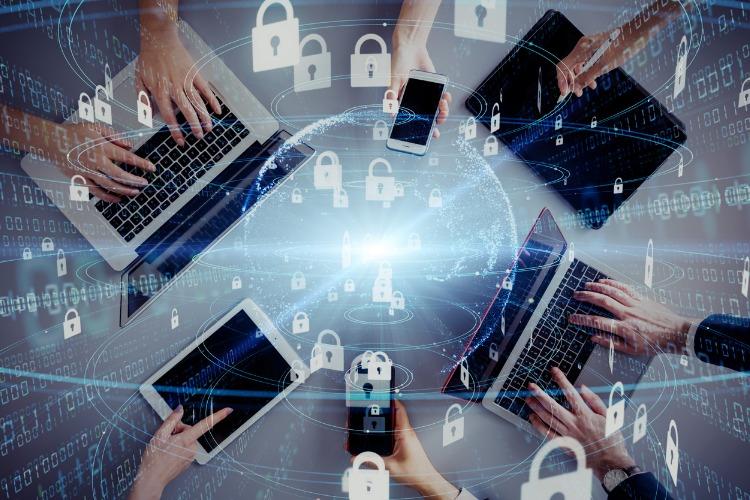5 Web Security Tips For Small Businesses
Small businesses often overlook the importance of web security, but it is an essential component of any successful online presence. Without proper web security measures, your website and business can be vulnerable to various cyber threats, from hackers to spammers. To protect your business and customers, here are five essential tips on improving your website's security.
Use A Strong Password For Your Wi-Fi Network And Change It Regularly
Anytime you connect to a public Wi-Fi network, there is a risk that someone could intercept your data. This is especially true if you are using an unsecured network or if you are not using a VPN. One way to protect your data is to use a strong password for your Wi-Fi network. A strong password should be at least eight characters long and include a mix of letters, numbers, and symbols. It is also essential to change your password regularly. Using a strong password and changing it regularly can help keep your data safe from potential attackers.
SSL vs. TLS
SSL and TLS are most commonly used to secure website connections, email, and other sensitive data. When you connect to a site using SSL or TLS, your browser verifies that the site's certificate is valid and creates an encrypted connection with the server. This encrypted connection prevents anyone from intercepting or tampering with the data you send or receive. Regarding SSL vs. TLS, TLS is generally considered more secure than SSL because it uses more robust encryption algorithms.
Install A Firewall To Protect Your Computer From Unauthorized Access
A firewall is a vital piece of security software for any computer. It helps block unauthorized access while allowing legitimate traffic to pass through. Both hardware and software firewalls are available, and it is essential to choose the right one for your needs. Hardware firewalls are typically more expensive, but they can offer a higher level of protection. Software firewalls are more affordable and can be installed on most computers with little effort. However, they are less effective than hardware firewalls blocking all types of traffic. Whichever kind of firewall you choose, keep it up to date with the latest security patches. By taking these precautions, you can help to safeguard your computer from being hacked.
Keep Your Software Up To Date, Including Your Antivirus Software
In the constantly evolving world of technology, keeping your software up to date is essential. This includes your operating system and any applications you use regularly. Most software updates include security patches that can help protect your computer from malware and other threats. In addition, many applications will also release new features and performance improvements with each update. Keeping your software updated can help improve your overall experience and ensure your computer is as safe as possible.
Beware Of Phishing Scams
With the proliferation of phishing scams, it's more important than ever to be careful about the emails you open and the links you click. Phishing scams are designed to trick you into giving away personal information or downloading malware, and they're becoming increasingly sophisticated.
If you receive an email from an unknown source, or if the email looks suspicious, don't open it. And if you're ever prompted to enter personal information or download a file, make sure you're on a secure website before proceeding. By taking these simple precautions, you can protect yourself from becoming a victim of a phishing scam.
Back-Up Your Data Regularly In Case Of A Cyber Attack Or Other Disaster
In today's world, data is more critical than ever. With businesses and individuals relying on computers to store everything from files and photos to personal information, a data loss can be devastating. That's why it's so important to back up your data regularly. While there are many different ways to do this, one of the most reliable is to use an online backup service.
This way, even if your computer is lost or destroyed, your data will be safe and accessible from anywhere in the world. In addition to being convenient, online backups are more secure with SSL vs. TLS options than storing data locally, making them an ideal solution for businesses and individuals alike, so if you want to protect your data, back it up regularly.
Final Thoughts
Cybersecurity is a critical issue for both individuals and businesses. Following these simple steps can help protect you from cyber-attacks and other online threats. Remember to keep your software up to date, be vigilant about phishing scams, and, most importantly, back up your data regularly.

